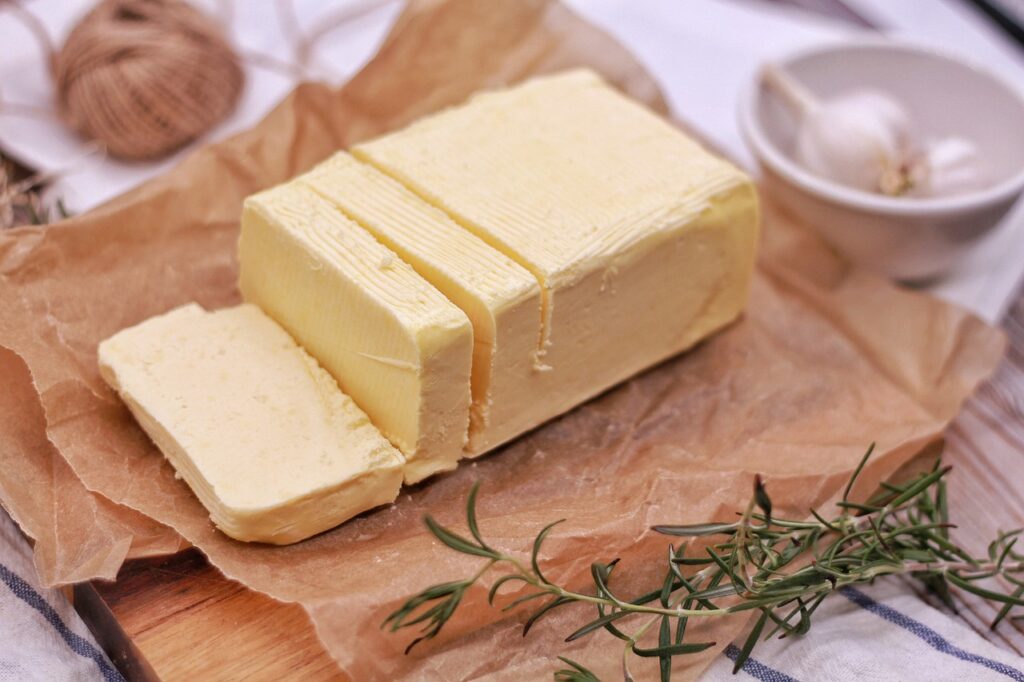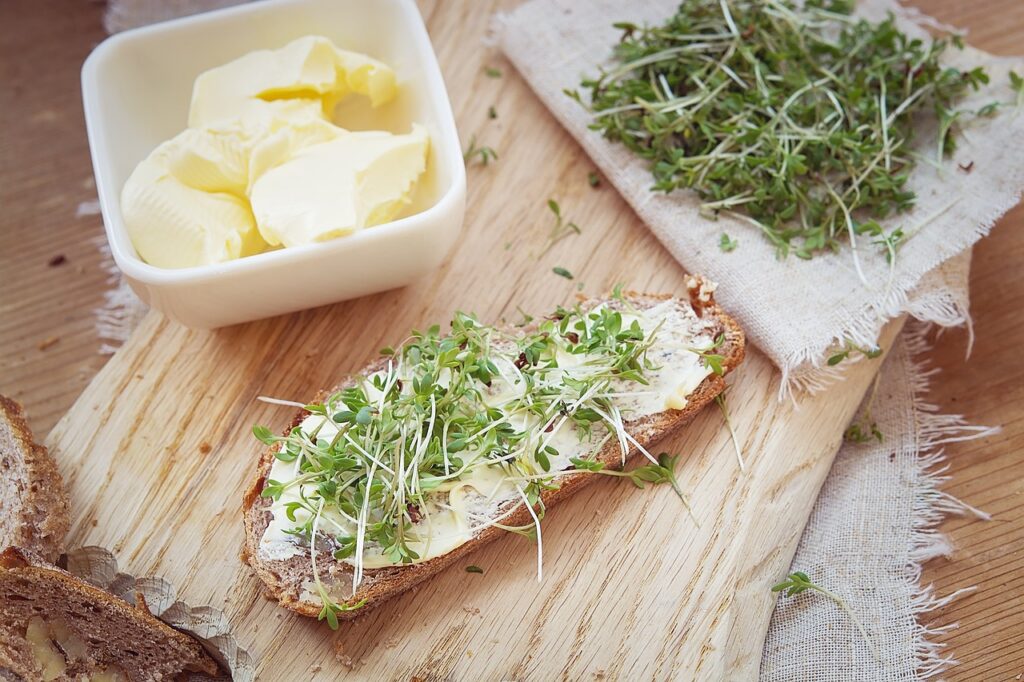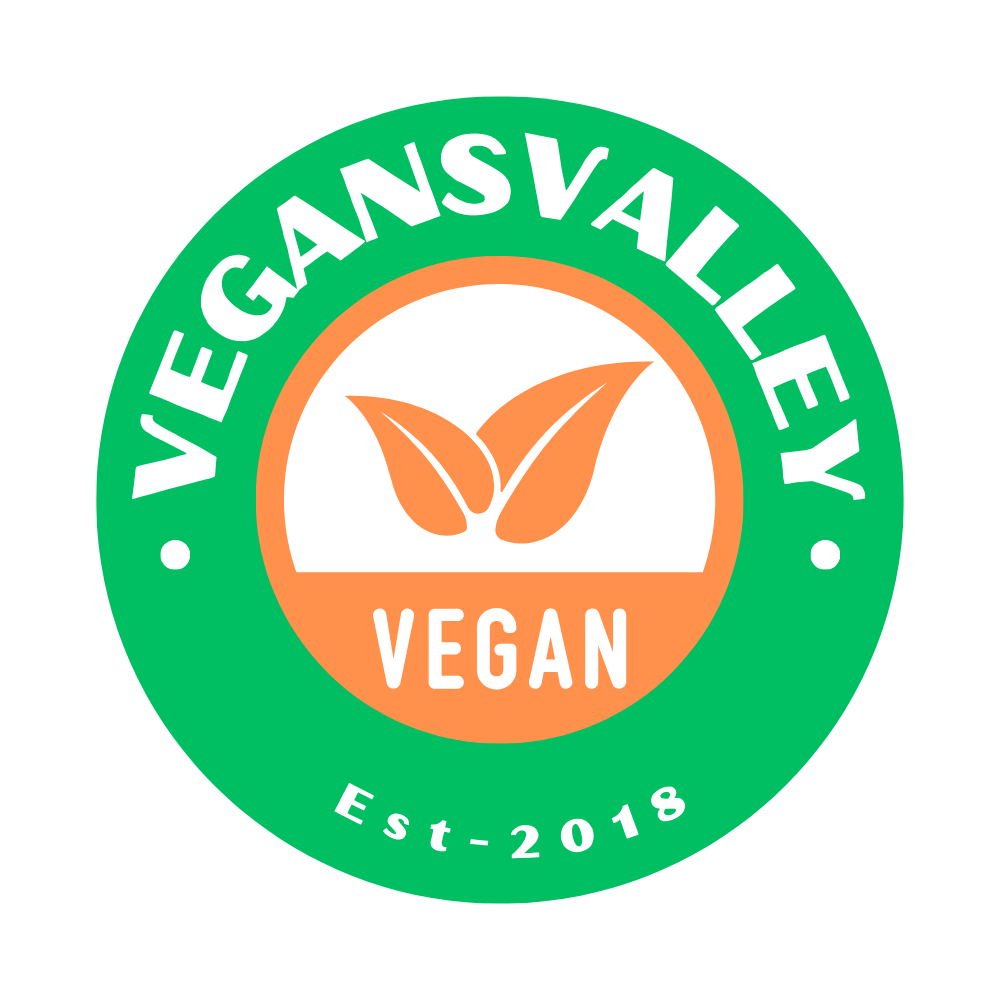Is Butter Vegan? Exploring Ingredients and The Best Alternatives
When it comes to adopting a vegan lifestyle, understanding which foods align with your dietary principles can be a challenge. A common question arises: Is butter vegan? The short answer is no—traditional butter is not vegan-friendly. However, the story doesn’t end there. Let’s dive deeper into what butter is made of, why it typically doesn’t fit into a plant-based diet, and the wealth of alternatives now available.

What Is Butter Made Of?
Butter is a dairy product, traditionally made by churning cream to separate its fat content from buttermilk. The result is a rich, creamy spread that has been a culinary staple for centuries. The key ingredient here—cream—is derived from cow’s milk, making butter unsuitable for vegans, who avoid all animal-derived products.
Why Isn’t Butter Vegan?
The plant-based diet excludes any products obtained from animals, whether directly, like meat, or indirectly, like dairy. The ethical, environmental, and health motivations behind veganism underscore why butter doesn’t fit within this lifestyle:
- Ethical Reasons: Many vegans oppose the dairy industry due to concerns about animal welfare.
- Environmental Impact: Dairy production contributes significantly to greenhouse gas emissions.
- Health Considerations: Some people choose veganism to avoid the saturated fats and cholesterol found in animal-based products.
The Rise of Vegan Butter
The good news is the advent of vegan-friendly butter. These alternatives are designed to mimic the texture and flavor of traditional butter without using animal products. This type of butter is typically made from plant-based oils like coconut, avocado, or olive oil, often combined with water, salt, and natural flavorings.

What to Look for in Vegan Butter
When choosing a Vegan-friendly, consider the following:
- Ingredients: Check the label for plant-based oils and avoid products containing whey or casein, which are milk-derived proteins.
- Flavor and Functionality: Many vegan butters are excellent for spreading, baking, and cooking. Some even replicate the rich taste of dairy butter.
- Certifications: Look for labels such as “Vegan Certified” to ensure compliance with vegan standards.
Popular Vegan Butter Brands
A growing number of brands now offer high-quality plant-based butter. Here are a few popular options:
- Earth Balance: Known for its versatility and creamy texture.
- Miyoko’s Creamery: Uses cashew milk and coconut oil for a rich, buttery flavor.
- Country Crock Plant Butter: Made from plant-based oils, ideal for baking and spreading.
Can You Make Vegan Butter at Home?
Absolutely! Making vegan-friendly butter at home is easier than you might think. Here’s a simple recipe:
- Blend 1/2 cup of melted coconut oil with 1/4 cup of olive oil.
- Add 1/4 cup of unsweetened soy milk and a pinch of salt.
- Blend until smooth and refrigerate until solid.
Homemade vegan-friendly butter can be customized with herbs or spices to suit your taste.
Butter in Processed Foods: A Hidden Ingredient
Even if you avoid traditional butter, it’s important to stay vigilant when it comes to processed foods. Butter, or its derivatives, can be hidden in baked goods, snacks, and even some sauces. Always read labels carefully to ensure the products align with your dietary preferences.
Vegan Butter and Sustainability
Switching to this type of butter is not only better for animals but also for the planet. Producing plant-based butters requires significantly less water and emits fewer greenhouse gases compared to dairy butter. This makes it a sustainable choice for environmentally conscious consumers.
Conclusion
The growing availability of plant-based alternatives makes embracing a vegan lifestyle more accessible than ever. With a variety of options available in stores and simple recipes for homemade vegan butter, there’s no need to compromise on flavor or functionality. Choosing this type of butter aligns with the principles of compassion, sustainability, and health—offering a win-win for you and the planet.
